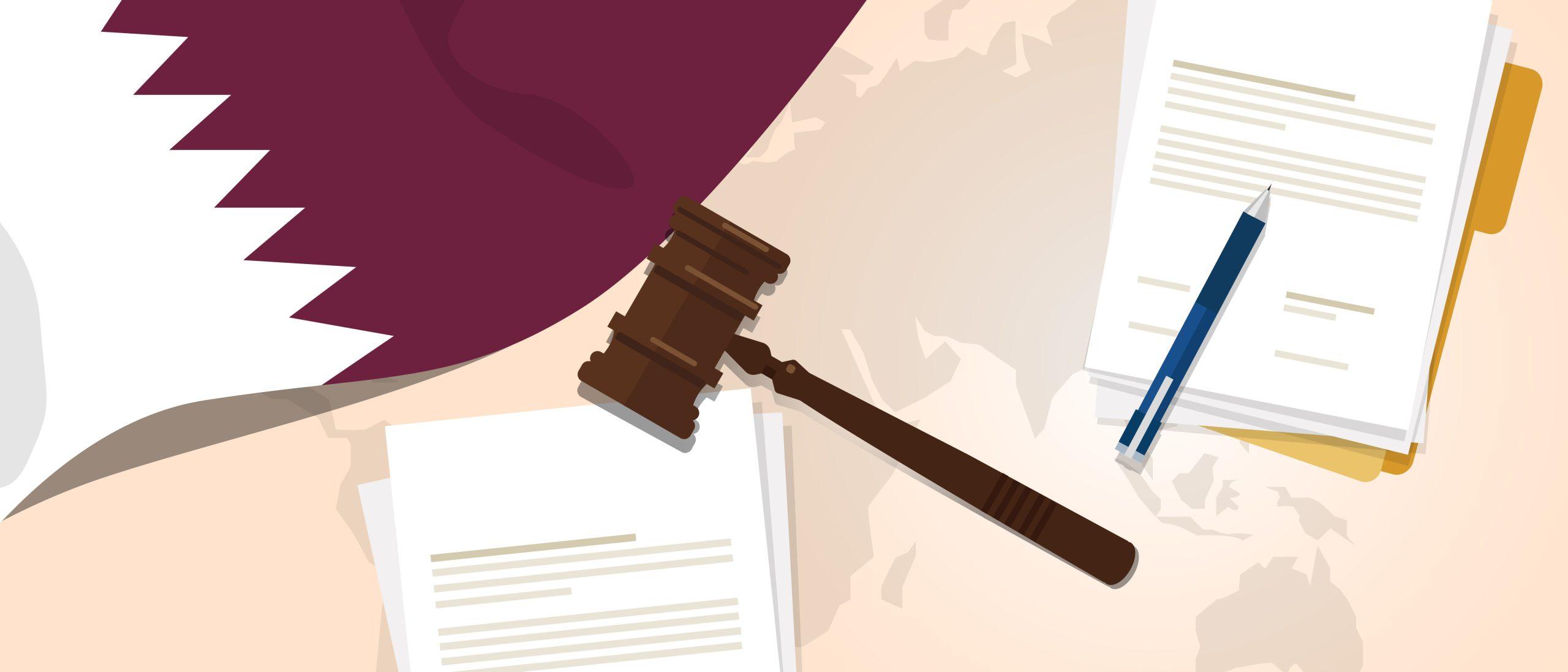A Washington D.C. court has ruled that the State of Qatar and its representatives must submit its documents and activities to court scrutiny. The ruling comes after new information revealed a stunning effort by the Qatari regime and its advocates in the United States to cover up “egregious misconduct” over the use of hacked materials to “smear” Doha’s critics.
Such claims are the latest development in a long-running legal saga with international diplomatic consequences.
In 2018, Elliott Broidy, a former deputy finance chair of the Republican National Committee, sued the Qatari government and lobbyists Nick Muzin, Joey Allaham, and others. Broidy alleged the defendants had planned and coordinated the theft and dissemination of Broidy’s private emails, supposedly doing so as part of a sweeping effort to silence him and other prominent critics of Qatar’s support for terrorism.
Muzin and Allaham previously played a key and overt role advancing Qatar’s interests in Washington D.C, working to woo figures across the Right as well as senior members of Jewish community institutions, while also attempting to denounce and undermine supporters or representatives of the Emirates.
The State of Qatar was dropped from Broidy’s lawsuit in 2018, after the Qatari government successfully argued it was exempt from such legal proceedings under the Foreign Sovereign Immunities Act.
In 2022, with support from the U.S. government, Qatar’s lawyers further contended that any documents or communications between Muzin, Allaham and other lobbyists with Qatari government officials were by extension “inviolable” and should also be afforded the same immunity. Qatar continues, reportedly, to pay the lobbyists’ attorneys’ fees.
This narrative looks set to collapse. New documents uncovered by Broidy reveal discussions among attorneys for the Qatari regime and its UK and US advocates, detailing efforts to avoid producing documents that, in the words of defendant Allaham, would “reveal the involvement of Qatar and/or its agents in the hack-and-smear campaign targeting Broidy.”
Qatar and its attorneys, these documents further allege, sought to “wrongfully conceal discoverable evidence,” “circumvent the basic rules of discovery,” and “mispresent” the Qatari relationship with its American lobbyists, all in an effort to avoid legal scrutiny.
The findings appear to add compelling credence to Broidy’s claims that Qatar’s assertion of “inviolable” privilege is little more than an effort to “cover up crimes and torts.”
Broidy’s lawyers have asked the court for permission to “forensically investigate the full nature and scope of the discovery conduct of Qatar’s counsel, defendants and their counsel and Qatar’s subpoena recipient agents and their counsel.”
In response, D.C. U.S. District Court Judge Dabney Friedrich has ruled that the State of Qatar must respond to the allegations, while inviting a motion from the plaintiff to investigate the “discovery conduct” of the Qatar state, its attorneys and agents.
Finally, in a blow against Doha’s principal legal position, Judge Friedrich ordered that the Court would review in camera any documents over which Qatar is asserting inviolable diplomatic privilege.
Gregg Roman, director of the Middle East Forum, told FWI, “These documents indicate the Qatari regime, with the support of well-paid agents in Washington, coordinated the theft of information from a U.S. citizen, and then sought to cover up the criminality. I hope the U.S. government stops echoing ludicrous claims permitting the Qatari regime to hide behind a twisted notion of diplomatic privilege. Clearly, the courts are beginning to see through Qatar’s deceptions.”
FWI reached out to the attorneys named in the filings for their reactions to the allegations. We will append their responses if received.
